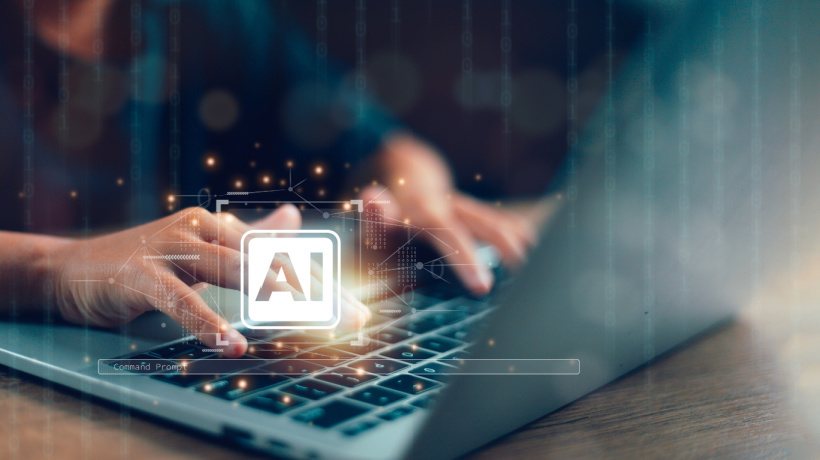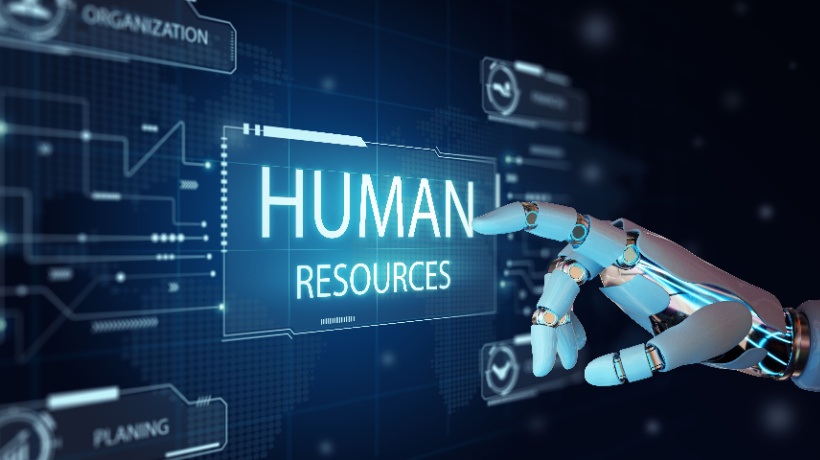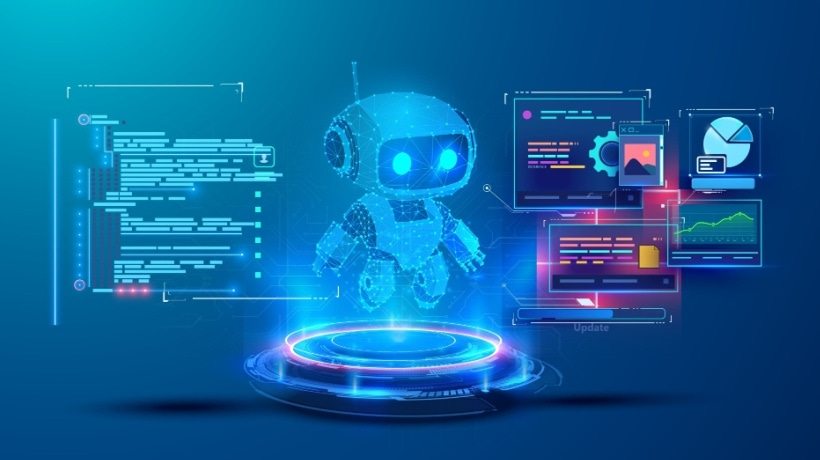Hold On For An AI Revolution
Artificial Intelligence, or as you may know it, AI, is all the rage. Perceptions range from doom and gloom scenarios where our robot overlords kill us all (keep an eye on your Roomba) to a gleaming utopia elevating the human species from the tedious and mundane elements of life. Listen, I do enjoy the Terminator movies and can see how Skynet could become a reality, but the reality for AI is probably something in between the two extremes, and more towards the latter....at least for the foreseeable future.
When the dust settles, AI will revolutionize how we all work, and the field of Learning and Development (L&D) is no exception. But question at the moment is how much will AI replace, and, more specifically, whether it will replace learning practitioners in the field of Learning and Development? Now, I'm certain you're champing at the bit to get your two cents heard, and/or screaming out loud, that AI will never replace what you do. But let's be honest, it will replace some, if not all, of what you do. It will eventually replace what I do writing these articles.
To be clear, we're certainly nowhere near the "fully replacing humans" stage; however, that day will eventually arrive. Maybe not in our lifetimes, but then I could be wrong. For now, you, as a human, still add tremendous value to your role. What you need to figure out is, what value can you add that technology, let alone a sentient one, can't replace?
What AI Should Or Shouldn't Do?
Just like a baby beginning to explore its environment and crawl around with curiosity, AI is also in its own infancy. But it is growing up and learning quickly. What it comes down to is: what can it do for us to facilitate and enhance our efforts?
AI can certainly enhance and support the work of workplace learning practitioners, Instructional Designers, trainers, and facilitators. It can automate certain tasks, offer personalized learning experiences, and provide valuable insights through data analysis. However, completely replacing these roles might not be ideal. You don't want it to take on everything, but there are elements AI is well-suited for.
AI's integration into workplace learning will be (is currently?) transformative. Many practitioners tend get bogged down in the tedium and minutiae of designing and developing a learning effort. This is where AI learning tools can step up. They can streamline many processes by automating administrative tasks, analyzing vast amounts of data to personalize learning experiences, and offering insights into learner progress and preferences.
Now, learning practitioners, specifically Instructional Designers, play a critical role in creating effective learning experiences. They combine pedagogical knowledge, creativity, and a deep understanding of the subject matter and audience to design engaging and impactful learning content. While AI can aid in content creation by suggesting learning pathways or generating basic content, it often lacks the human touch and contextual understanding required to create truly effective and engaging learning experiences. This is where you add value that technology can't match, at least for now, and why Ai can't replace learning practitioners, at least as yet.
Trainers and facilitators bring a unique set of skills to the table. Their ability to connect with learners on a personal level, adapt content in real time based on learners' reactions, and create an interactive and engaging environment is something that AI, with its current capabilities, struggles to replicate. Human trainers also excel in areas like group dynamics, empathy, and motivation, which are crucial in effective learning experiences.
AI's strengths lie in data processing, providing personalized learning paths, and automating routine tasks. It can analyze vast amounts of data to identify learning patterns, recommend personalized content, and even simulate certain scenarios for training purposes. Simply put, AI is exceptional at processing vast amounts of data and information and spitting out a conclusion or results. AI doesn't just analyze what happened or what's happening, it can also be predictive in its analysis. You may recognize this as learning analytics. However, it's limited by its inability to fully comprehend human emotions, context, and the complexities of interpersonal interactions.
Future Of AI
The future likely involves a harmonious blend of AI and human expertise. AI can augment the work of Instructional Designers by suggesting content structures, analyzing learner data to refine course materials, and automating certain aspects of content creation. Trainers and facilitators can leverage AI-generated insights to personalize learning experiences and focus more on individual coaching and engagement.
Ultimately, while AI can significantly enhance workplace learning, completely replacing human practitioners might not be optimal. The human element—empathy, adaptability, creativity—is essential in creating truly effective learning experiences that resonate with individuals on a deeper level. Collaboration between AI and human professionals will likely yield the most effective and comprehensive learning outcomes.
Want To Develop This Mindset?
As you can appreciate, one article will point you in the right direction, but it only scratches the surface of the positive impact your learning efforts can have on an organization. Force yourself to go deeper and grow into the value you know learning can deliver to your business. eLearning Industry is offering a course to accompany you in your professional development. Enroll in their course, "How to Sell eLearning to Internal Stakeholders" at a limited special rate.
Please share your thoughts and feedback with us. We would enjoy hearing about your efforts. And who knows, it may be the topic of our next eLearning Industry article. Also, please check out our LinkedIn Learning courses to learn more about developing business credibility for your learning efforts. Please share your thoughts and remember #alwaysbelearning!









